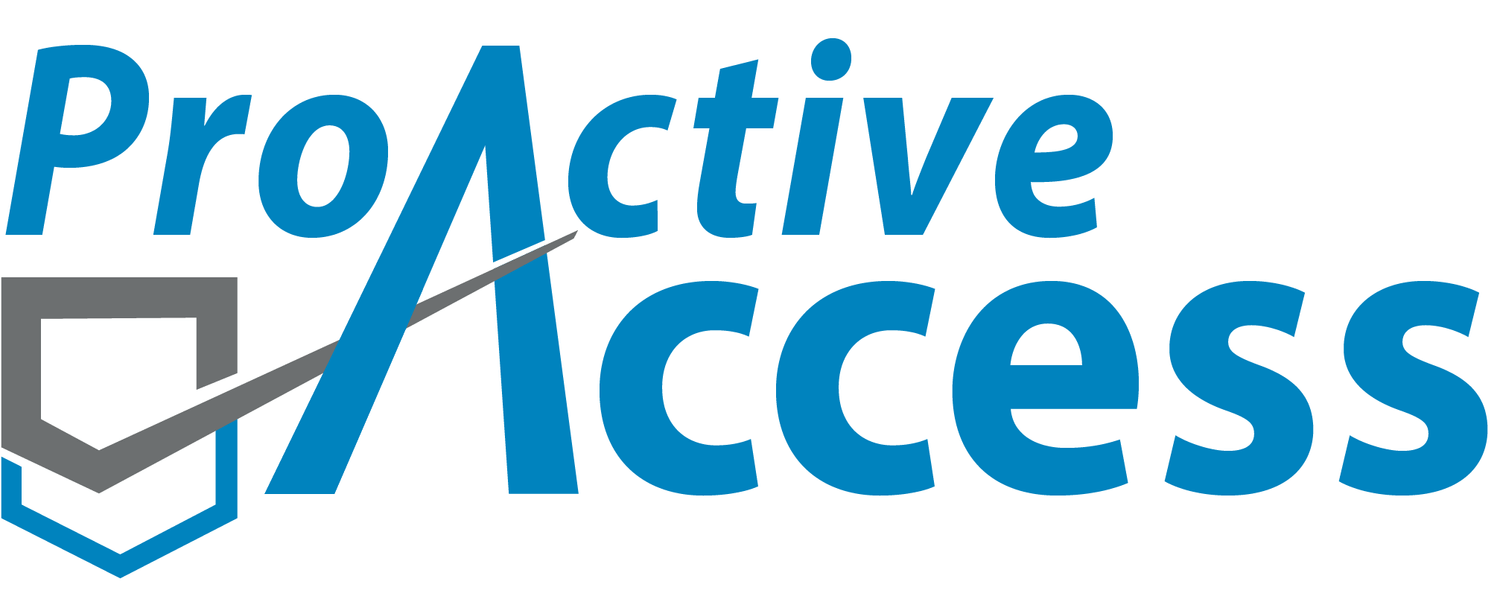Hotel CASp Inspections
Transient Lodging Evaluated by a Certified Access Specialist
The Americans with Disabilities Act (ADA) requires all Public Accommodations to be accessible to people with disabilities. Transient lodging facilities are defined as public accommodations and therefore, all hotels must provide disability access. Hotel and motels can vary in size and offer a wide range of amenities. Hoteliers should have a good understanding about disability access requirements within all of their accessible guest rooms as well as all of the common amenities throughout their site. Failure to understand how people with disabilities interact with a lodging facility can lead to poor guest experiences and even “ADA Lawsuits”.
Certified Access Specialists educate hoteliers about their facilities by conducting a thorough inspection of the entire site. A CASp Inspector will typically evaluate the condition of accessible guest rooms, lobby, parking, accessible paths of travel and common area restrooms within small lodging facilities. Larger hotels and resorts may provide additional amenities that are included in the CASp Inspection scope. These elements may include: business centers, gyms, pools, bars, restaurants, conference rooms, locker rooms, spas, recreational facilities and more. We evaluate every feature that a lodging facility provides so that hotel owners can make informed decisions about disability access improvements at their properties. Following an onsite inspection, the Certified Access Specialist will generate a CASp Report that details the areas and elements that require improvement along with recommendations for remediation. This report is the foundation for a near term and long term barrier removal strategy that increases accessibility for guests and decreases exposure to accessibility related litigation.
Prioritizing disability access improvements at lodging facilities
Every lodging facility is unique. A motel may only provide a check-in counter and a single guest room type. Luxury resorts may provide dozens of different guest room accommodations as well as a great deal of amenities. The more features that a lodging facility provides, the more chances of ADA violations that may be present at existing facilities. In any case, an owner of an existing lodging facility will need to thoughtfully allocate resources to effectively improve disability access.
As with any public accommodation, the highest priority is placed on Readily Achievable Barrier Removal and providing access from site arrival points:
Accessible Path of Travel from the Public Right of Way
Accessible Parking
Accessible Path of Travel From Parking
A hotel may provide perfectly accessible guest rooms but it does no good if a guest with a disability is unable to approach or enter the facility.
After providing an accessible route to the facility, a hotelier would likely prioritize the two most basic features of a hotel: The check-in counter and accessible guest rooms.
The counter or window that guests use to check-in when the arrive must be accessible to people with disabilities. Click here to read our blog post about accessible counters for more information about what makes a counter accessible.
Providing rooms for guests is the primary function of any hotel. For this reason, a very high priority should be placed on making sure that a potion of them provide disability access. Accessible guest rooms must be provided not only for guests with mobility disabilities but also for those with hearing a vision impairments. There are key scoping and technical differences between state and federal requirements for accessible guest rooms. Hoteliers are cautioned from using checklists or maintenance staff to evaluate guest room accessibility. Accessible guests rooms have complex scoping and technical requirements that should be evaluated by an experienced CASp Inspector to determine compliance.
Finally, lodging facilities should focus on improving amenities that attract guests. Why do guest choose to stay at your resort and not your competitors? All amenities are required to be accessible to people with disabilities but if a facility has limited resources for accessibility improvements, a hotelier should prioritize the most widely used features. If a hotel provides a pool and heavily advertises it as an amenity, then it should prioritize accessible pool entry such as pool and spa lifts. If a bar or restaurant serves the hotel and customers come from far and wide to dine there, then a high priority should be placed on maintaining full compliance.
Common ADA Violations Found at Hotels
Below are some of the most common features that are cited in legal claims filed by serial litigants:
Missing or non-compliant guest rooms with mobility features
Missing or non-compliant guest rooms with communication features
Non-Accessible Parking
Non-Accessible Loading Zones
Missing or Non-Compliant Pool Lifts
Non-Compliant Gyms
Hotel CASp Inspections
The first step to improving disability access at a lodging facility is to understand what is required and how to prioritize accessibility improvements. Unfortunately, there is a lot of misinformation about ADA requirements and applicability of California Building Code. Our experienced Certified Access Specialists (CASp) have evaluated many lodging facilities throughout California. We have inspected small boutique bed and breakfast facilities, large resorts and everything in between. We invite you to contact us for a free consultation.



